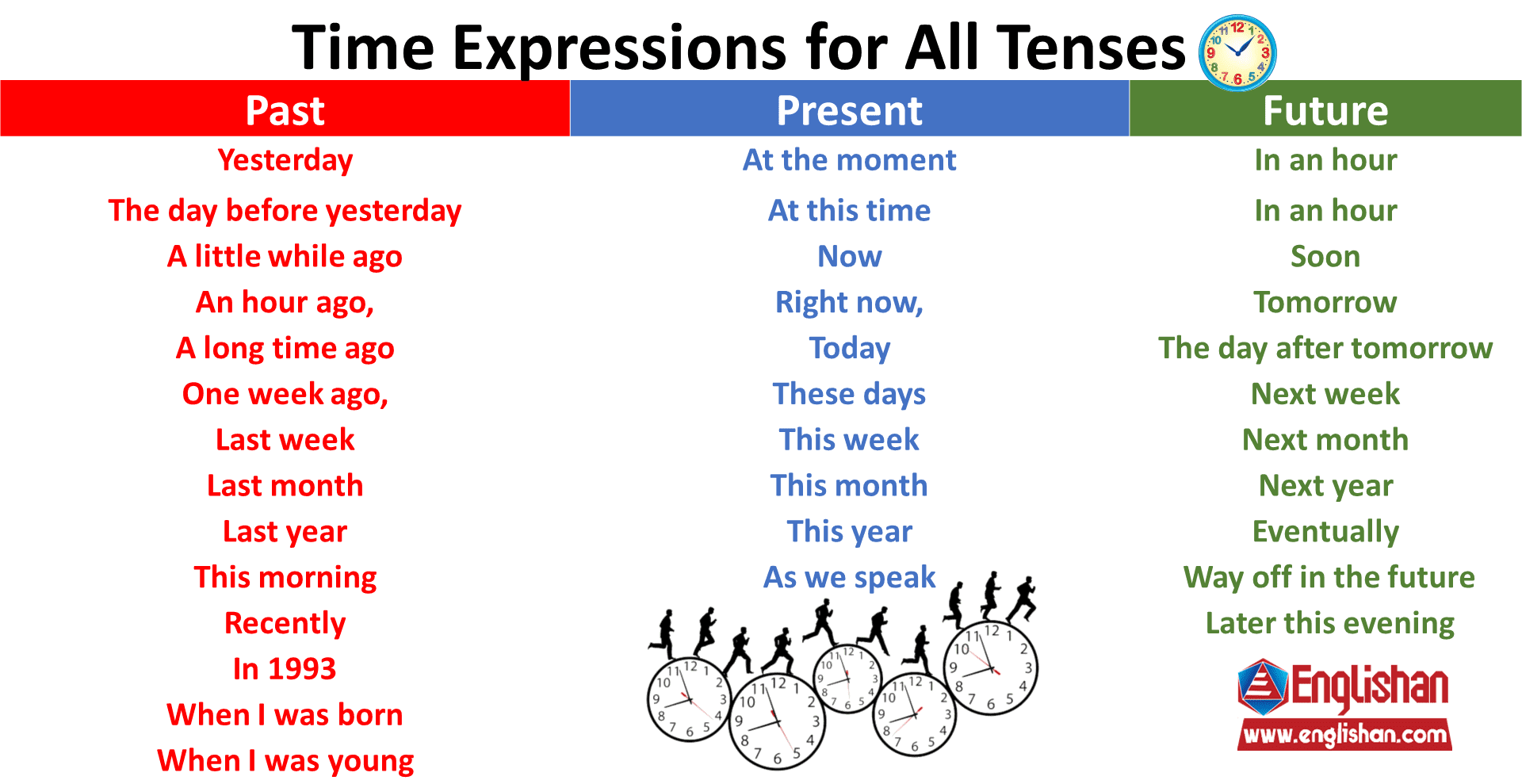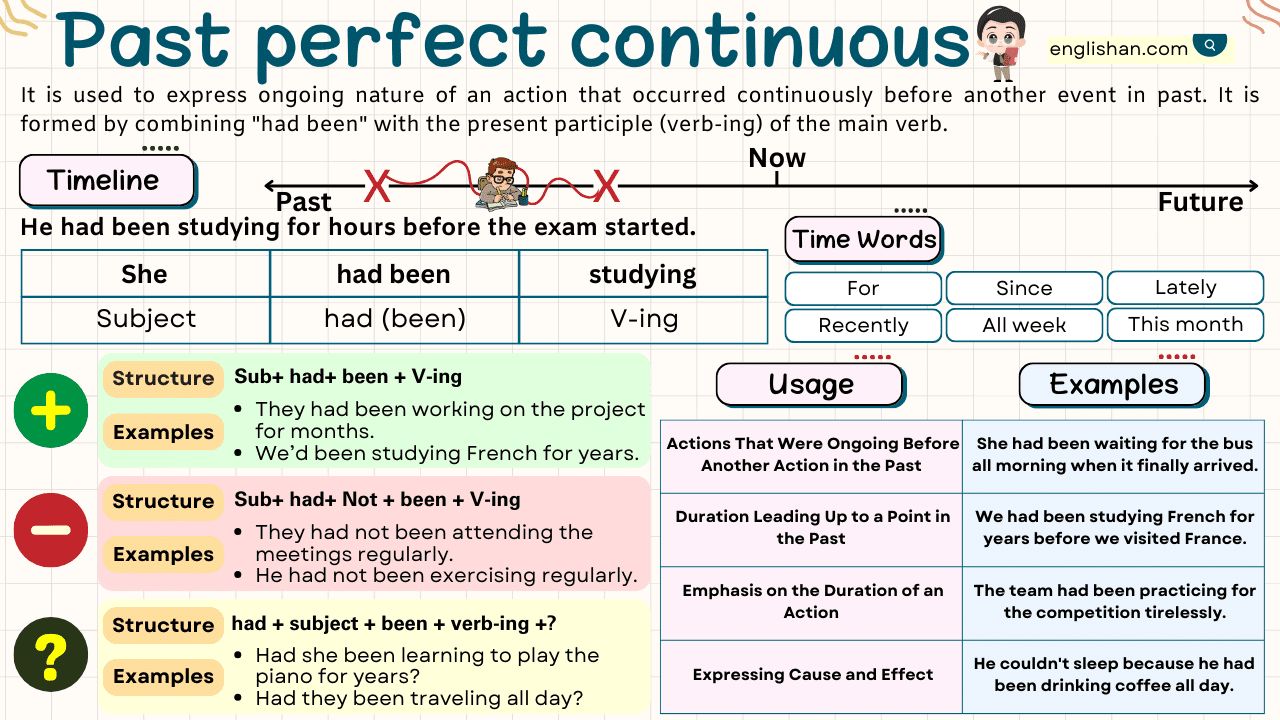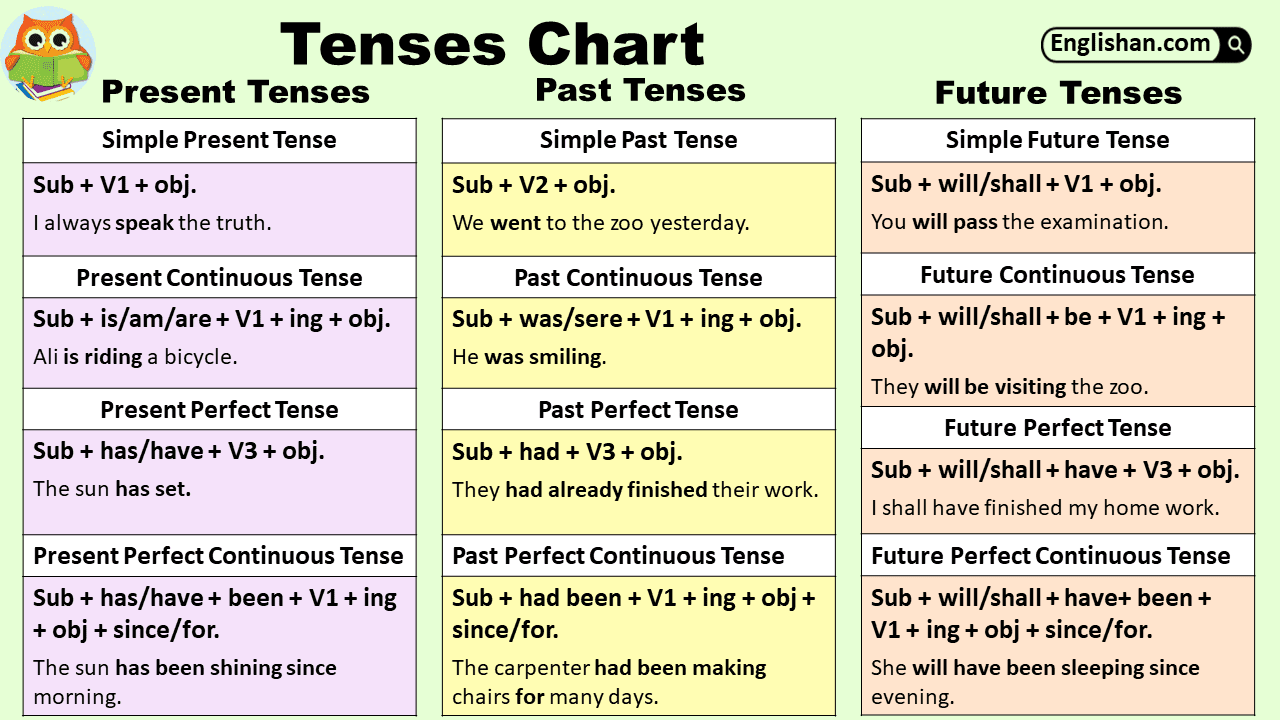Learning English grammar is crucial for effective communication, and understanding tenses is a fundamental aspect of it. One of the most important tenses is the Simple Future Tense, which expresses actions or events that will take place in the future. Whether you’re talking about predictions, intentions, or scheduled events, the Simple Future Tense will be your go-to form.
In this article, we will explore everything you need to know about the Simple Future Tense—from its structure to its uses, common mistakes, and real-world examples. Let’s dive in and learn how to master this essential tense.
Structure
The Simple Future Tense is built using will or shall (in formal situations) followed by the base form of the verb. The structure remains the same regardless of the subject (singular or plural), making it one of the easiest tenses to learn.
Positive Form:
Subject + will + base form of verb
- I will eat dinner at 8 PM.
- They will finish the project next week.
Negative Form:
Subject + will + not + base form of verb
- He will not attend the meeting tomorrow.
- We will not go to the beach this weekend.
Question Form:
Will + subject + base form of verb?
- Will you join the party tonight?
- Will she complete the task on time?
Subject-Verb Agreement
Unlike some other tenses, the subject-verb agreement in the Simple Future Tense is easy. Whether the subject is singular or plural, the auxiliary verb will does not change.
- I will go, You will go, They will go.
- He will finish, She will finish, It will finish.
This simplicity in agreement makes the Simple Future Tense less prone to errors compared to other tenses where verb conjugation can be tricky.
Time Expressions
When you use the Simple Future Tense, you often need to indicate when the action will happen. Below are some common time expressions:
- Tomorrow: We will leave tomorrow.
- Next week: She will visit her parents next week.
- Soon: He will call you soon.
- In two days: They will finish the report in two days.
- Later: I will talk to you later.
Uses of the Simple Future Tense
- Predictions
We often use the Simple Future Tense when predicting something that may or may not happen.- It will rain tomorrow.
- You will succeed if you work hard.
- Spontaneous Decisions
Use this tense to express decisions made at the moment of speaking.- I’ll answer the phone.
- I will get some water.
- Promises and Offers
You can also use the Simple Future Tense to make promises, offers, or guarantees.- I will help you with your homework.
- We will send you the document by email.
- Scheduled Events
For planned or scheduled future events.- The train will arrive at 9:00 AM.
- The meeting will start at 3 PM.
- Intentions
Sometimes, the tense is used to describe something you intend to do in the future.- I will apply for the job next month.
- She will start her new course soon.
Examples of the Simple Future Tense in Use
- I will finish my homework tomorrow.
- They will not go to the park next week.
- Will you attend the seminar tomorrow?
- She will call you later this evening.
- We will travel to New York next month.
- He will not be able to join the class next week.
- Will they submit the report on time?
- The concert will begin at 7 PM.
- She will visit her grandparents next weekend.
- I will not forget to send you the details.
Common Mistakes
Although the Simple Future Tense is relatively straightforward, learners can still make mistakes. Let’s highlight some frequent errors:
❌ She will attends the meeting.
✅ She will attend the meeting.
❌ I will going to the mall later.
✅ I will go to the mall later.
❌ Will you coming to the party?
✅ Will you come to the party?
As you can see, many mistakes stem from the incorrect addition of suffixes or auxiliary verbs. The rule to remember: the verb must always remain in its base form when using will.
Simple Future Tense Chart
FAQs:
The simple future tense is used to talk about actions that will happen in the future. It is formed by using the word “will” before the base form of the verb.
Example:
1. I will go to the store tomorrow.
2. She will study for the exam next week.
The simple future tense shows what will happen after now.
The verb “give” in the simple future tense is “will give”.
Example:
1. I will give you a gift tomorrow.
2. She will give a presentation next week.
In simple future, we use “will” before the base form of the verb to talk about actions that will happen.
The simple future tense of “study” is “will study”.
Examples:
1. I will study for the test tomorrow.
2. She will study at the library in the evening.
3. We will study together for the final exam.
4. He will study hard for his upcoming exams.
5. They will study the new chapter next week.
In these sentences, “will study” expresses actions that will happen in the future.
You May Also Like







